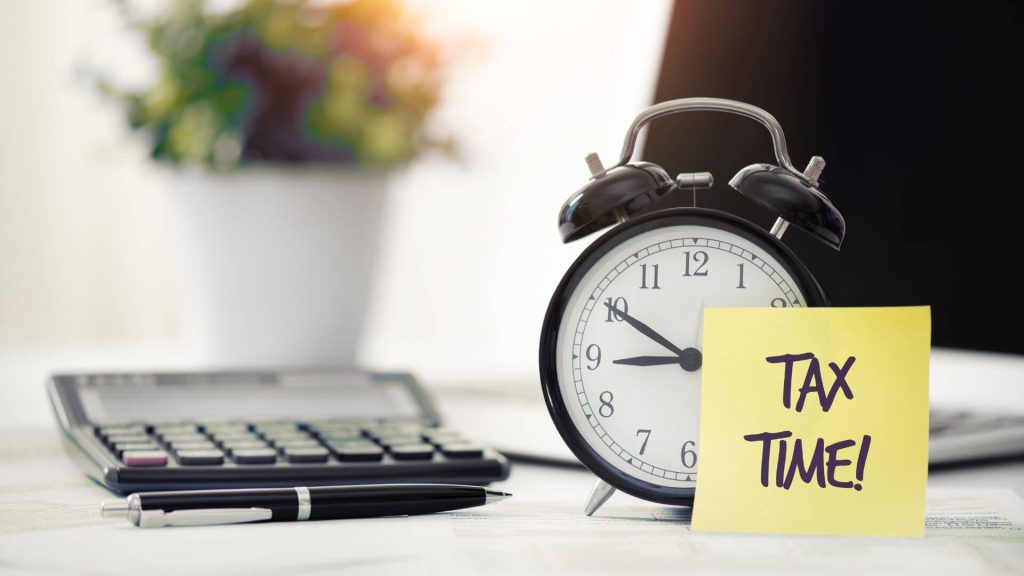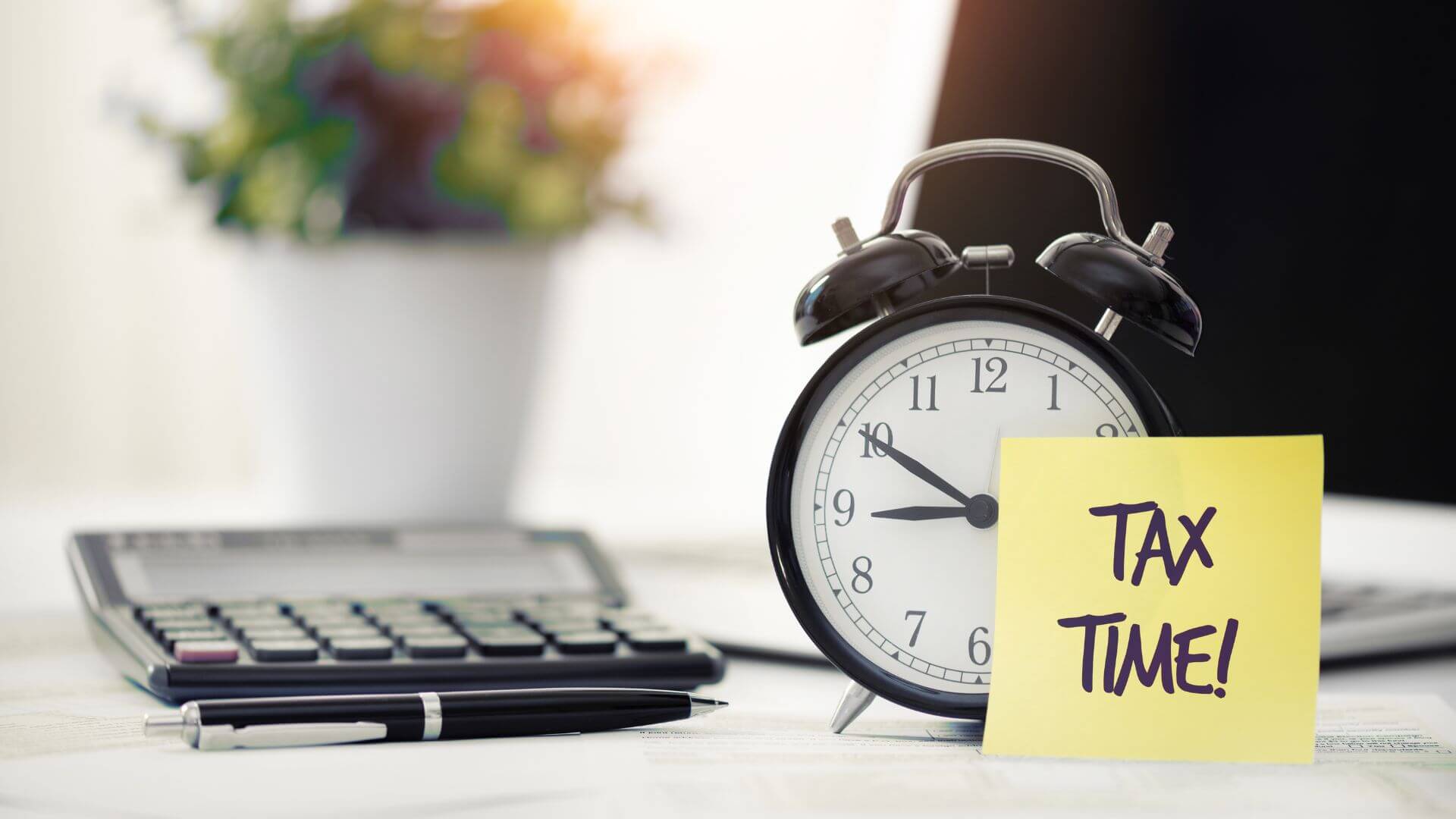When tax season rolls around, the right strategy can make a major difference to your bottom line. Whether you’re new to the market or expanding your portfolio, understanding the most relevant tax tips for Australian property investors is key to maximising your returns and staying compliant.

Claiming common investment property deductions
There are several deductions available that can significantly reduce your taxable income:
- Interest on your investment home loan
- Property management and leasing fees
- Building, contents, and landlord insurance
- Council rates and strata fees
- Repairs and maintenance costs (not capital improvements)
- Depreciation of assets like appliances and carpets
- Capital works depreciation (for buildings constructed after 1987)
Knowing exactly what qualifies, and when, is crucial for optimising deductions.
Keep records like a pro
One of the most overlooked tax tips for Australian property investors is simple but essential: keep clear, accurate records of all income and expenses.
- Save receipts and invoices for any work done on the property
- Track interest payments and property-related bank fees
- Use digital tools or cloud-based apps to store documents securely
- Maintain separate accounts for your investment property
This will not only make life easier at tax time, it will also help your accountant maximise your deductions with confidence.
How Australian property investors can stay ahead of recent ATO changes
The ATO continues to crack down on incorrect deductions, especially for:
- Repairs present at purchase: These are now classed as capital expenses and must be depreciated over time
- Travel to inspect properties: Generally no longer deductible
- Overclaimed asset depreciation: Ensure items are eligible and not previously used in other properties
If you’re unsure, working with a property-focused tax accountant is one of the smartest moves you can make.
The bottom line for Australian property investors
There’s no one-size-fits-all strategy, but these tax tips for Australian property investors can help you feel more in control, stay compliant, and improve the profitability of your rental portfolio.
By staying informed and partnering with the right professionals, you can make tax time work for you, not against you.
Disclaimer: This article provides general information and is not a substitute for personal financial or legal advice. Speak with a qualified professional before making investment decisions.

